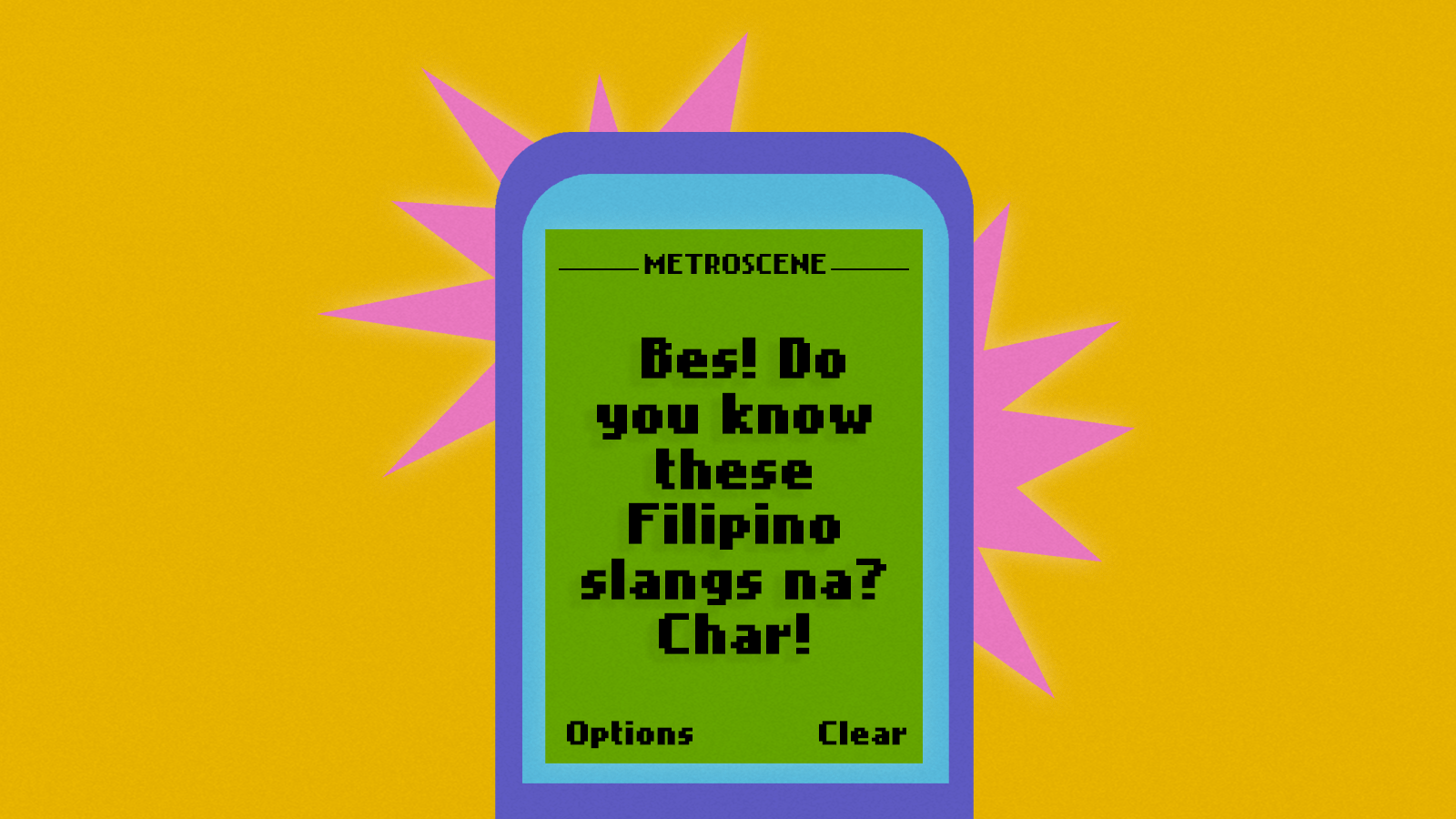The Philippines is often viewed in ironies and paradoxes, or worse: in its more negative aspects. But there are also its lighter aspects—traits that are universally enjoyable as they are relatable. All of these are brought to the light in Gideon Lasco’s book The Philippines is not a Small Country.
The book compiles Lasco’s many essays that tackle the different aspects of Filipino culture and character. His essays are divided into seven categories, ranging from nationhood, culture, to technology, modernity, and our relation to the world.
A tour guide into Philippine life
What makes this book a quintessential read is its universality. The essays featured tackle traits and characteristics common to us Filipinos. From utang ng loob, Typhoons, to the concept of “Filipino time”, Lasco reflects on these phenomena and what it means to us.
Lasco’s essays also give appreciation to the underlooked, and sometimes even the overlooked. As both a medical professional and an anthropologist, he uses his personal experiences and observations as topics for his essays. He debunks the common misconceptions often associated with the Philippines such as its geographical smallness and bolsters our rich ecosystem and vast cultures.
His entries include a call for government officials to improve the quality of public spaces. In his essay, Let our native flowers bloom, he envisions more scenic-looking cities blooming with our native flowers akin to that of Japan’s, and the only way to realize this is to have a better appreciation of our environment.
Lasco urges us to know our country better by exploring and appreciating its biodiversity and learning the different local histories.
A careful critique of our flaws and errors
But apart from highlighting its rich cultural landscape, we also get to understand more about the different behaviors of Filipinos, more importantly, the less celebrated ones. Lasco’s essays also tackle the glaring flaws present in our country, such as racism and the false dichotomies of politicians. One of the most impactful essays for me in this book, titled When we stop crying, shows the horrifying reality of indifference becoming the norm when it comes to news reports of extrajudicial killings happening in our country.
From smartphones, Pokémon GO, to the sociology of social media, Lasco unpacks all of his insights into a concise commentary of Filipinos in the modern world.
But make no mistake, Lasco’s essays do not aim to vilify the Filipino character nor does he say these with a voice of cynicism. Quite the contrary, his critiques persuade us, readers, to look beyond the narrow lens of black and white.
In his essay, Drug users are not beyond redemption, Lasco argues against the drug war rhetoric and rationalizes that drug users should be seen as victims of a social problem than it is related to crime. He urges readers to look past the stereotypes associated with tambays and marginalized communities and recognize their humanity.
The Philippines is NOT a small country
Despite all the grim realities we Filipinos face, Lasco gives out a voice of hope—of envisioning a better nation. He celebrates the students who protest against the injustices happening in our country, to the teachers who persevere, to those who remember our history—the hope that persists to see our country’s potential to greatness.
Gideon Lasco’s the Philippines is not a small country is not just a critique on our country, but a glimpse into what it can be.
━━ Art By











